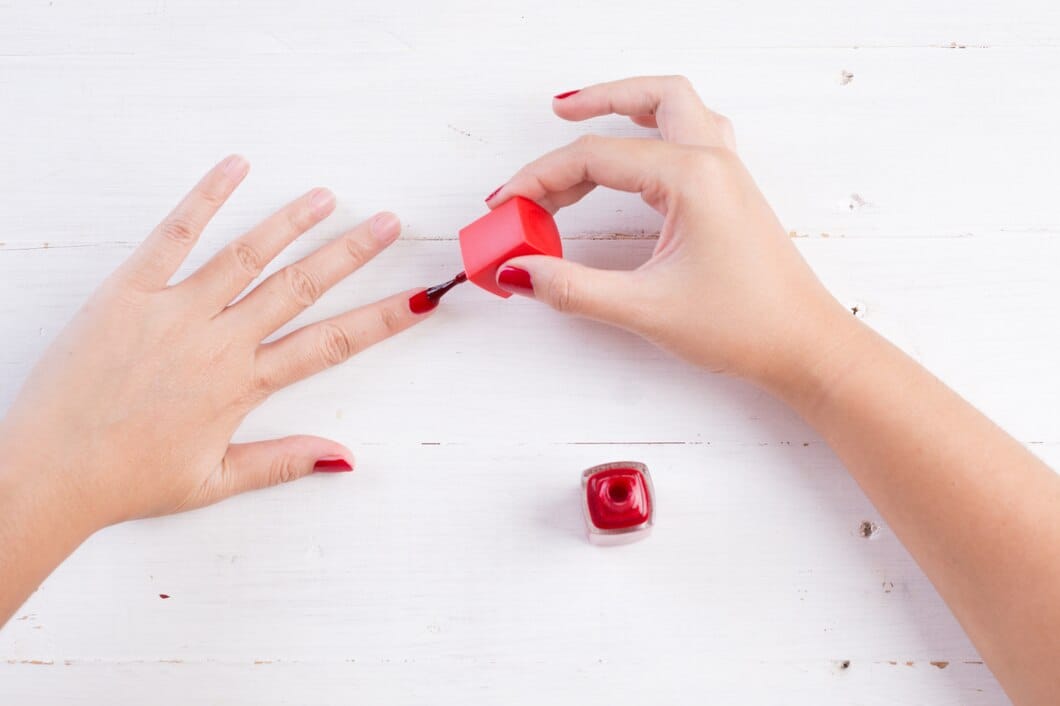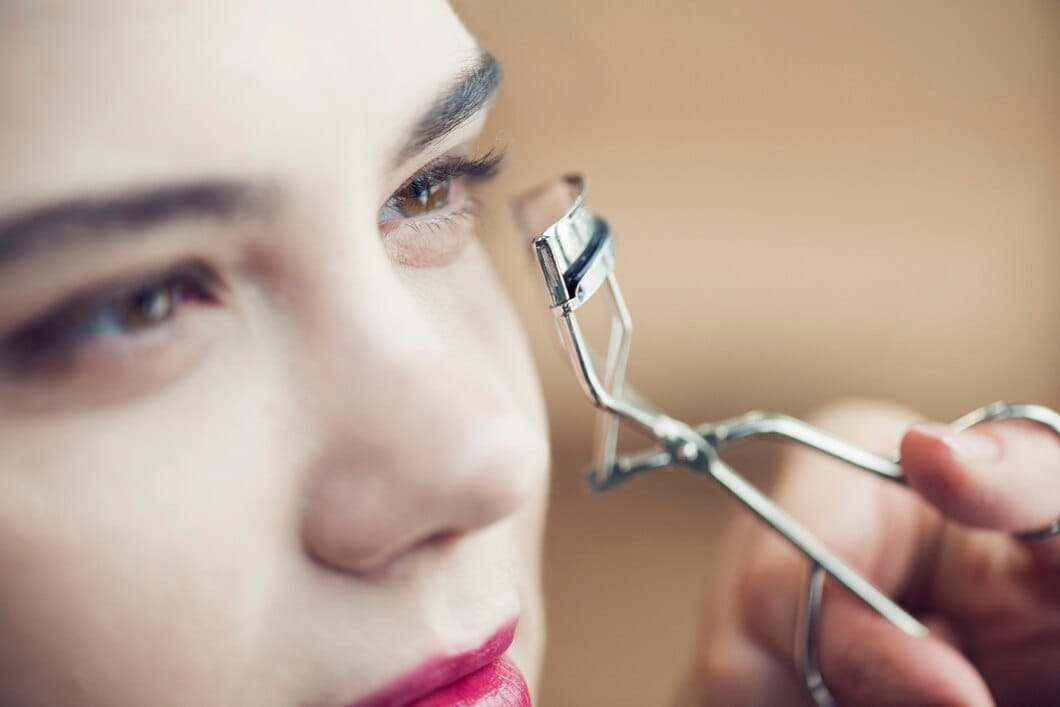Who doesn’t want silky and strong hair? It’s a dream for many, and achieving it isn’t as hard as it might seem. With a little dedication and the right approach, you can have the luscious locks you’ve always desired. Let’s dive into the essential tips and tricks for maintaining hair that not only looks good but feels great too.
Understanding Hair Structure

To care for your hair effectively, it’s crucial to understand its structure. Hair is primarily composed of a protein called keratin, which gives it strength and elasticity. Each strand of hair grows from a follicle embedded in the scalp, and the health of these follicles plays a significant role in the overall appearance of your hair.
Daily Hair Care Routine
A consistent hair care routine is the foundation of healthy hair. Start by choosing the right shampoo and conditioner for your hair type. Regular washing is important, but be mindful not to overdo it—washing your hair every 2-3 days is typically sufficient. When washing, use lukewarm water and gently massage your scalp to stimulate blood flow.
Deep conditioning treatments

Deep conditioning treatments are like a spa day for your hair. They help restore moisture, repair damage, and add shine. Aim to deep-condition your hair at least once a week. You can use store-bought treatments or try DIY recipes like a blend of avocado, honey, and olive oil.
Hair Oiling
Oiling your hair can provide it with essential nutrients and moisture. Popular oils include coconut, argan, and jojoba oil. Warm the oil slightly before applying it to your scalp and hair, and leave it on for at least an hour (or overnight) before washing it out. This practice can help strengthen your hair and promote growth.
Diet and Nutrition

What you eat plays a huge role in your hair’s health. A balanced diet rich in vitamins and minerals is essential. Foods like eggs, nuts, spinach, and salmon are great for promoting hair growth. Specifically, ensure you’re getting enough vitamins A, C, D, and E, as well as iron and zinc.
Hydration
Staying hydrated is not just good for your skin; it’s crucial for your hair too. Drink plenty of water throughout the day to keep your hair hydrated from the inside out. Aim for at least 8 glasses of water daily.
Avoiding heat damage

Heat styling tools like blow dryers, curling irons, and straighteners can cause significant damage if used excessively. Try to limit their use, and always apply a heat-protectant spray before styling. On days you skip the heat tools, try alternative methods like braiding your hair to create waves or using rollers for curls.
Protecting Hair from Environmental Damage
Environmental factors such as sun exposure and pollution can weaken your hair. Wearing a hat or using hair products with UV protection can help shield your hair from harmful rays. Additionally, rinse your hair after spending time in polluted areas to remove any residues that can lead to damage.
Hair Trimming

Regular trims are essential to keep your hair healthy and prevent split ends. Aim to trim your hair every 6–8 weeks. If you prefer DIY trims, use sharp, professional-grade scissors and trim small sections to avoid uneven cuts.
Using the Right Hair Products
Selecting the right hair products can make a huge difference. Look for shampoos and conditioners that are free of sulfates and parabens. Ingredients like keratin, biotin, and natural oils can be beneficial. Avoid products with alcohol and artificial fragrances, which can dry out your hair.
Scalp Care

Healthy hair starts with a healthy scalp. Keep your scalp clean and well-moisturized. Exfoliate your scalp occasionally to remove dead skin cells and product buildup. You can make a simple scrub with sugar and coconut oil for a refreshing scalp treatment.
Stress Management
Stress can wreak havoc on your hair, leading to issues like hair loss and dullness. Incorporate stress management techniques such as yoga, meditation, and regular exercise into your routine. Taking time to relax and unwind can have a positive impact on your hair’s health.
Sleep and hair health

Quality sleep is crucial for your overall health, including your hair. Poor sleep can lead to hair problems like breakage and thinning. Protect your hair while you sleep by using a silk pillowcase or wrapping your hair in a silk scarf to reduce friction.
Conclusion
Achieving silky and strong hair is a combination of proper care, good nutrition, and healthy habits. By following these tips and making them a part of your routine, you can enjoy hair that looks and feels its best. Remember, consistency is key, and your hair will thank you for the care and attention you give it.
FAQs
How often should I wash my hair?
Washing your hair every 2–3 days is usually sufficient. Over-washing can strip your hair of natural oils, leading to dryness and damage.
What are the best foods for hair health?
Foods rich in vitamins and minerals, such as eggs, nuts, spinach, and salmon, are excellent for promoting hair growth and strength.
Can I make my own hair masks?
Yes, DIY hair masks using ingredients like avocado, honey, and olive oil can be very effective for deep conditioning and nourishing your hair.
How do I prevent split ends?
Regular trims every 6–8 weeks can prevent split ends. Additionally, avoid excessive heat styling and use protective products.
What should I do if my hair is thinning?
If your hair is thinning, consider consulting a dermatologist or trichologist. They can provide treatments and suggest lifestyle changes to address the issue.







